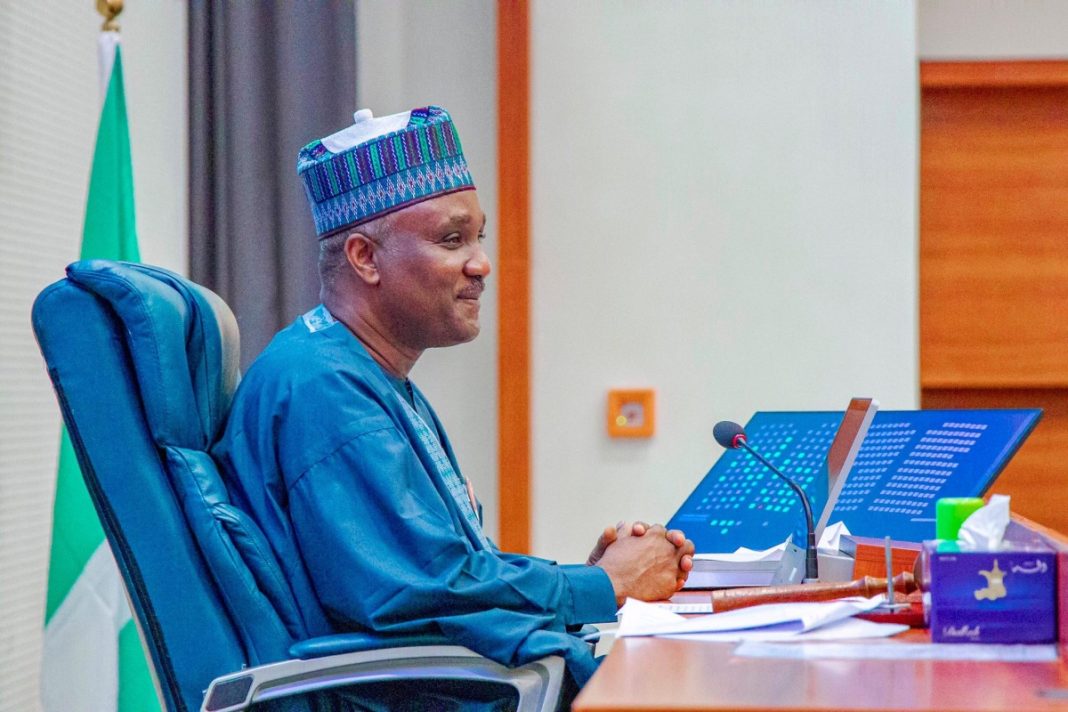ABUJA, Nigeria — The Speaker of the House of Representatives, Tajudeen Abbas, has withdrawn a controversial bill seeking to make voting compulsory for eligible Nigerians, following widespread public criticism and concerns over constitutional rights.
The bill, co-sponsored by Abbas and Daniel Ago, the lawmaker representing Bassa/Jos North federal constituency of Plateau State, had passed second reading in the House on Thursday, May 15, 2025.
It proposed to amend the Electoral Act 2022 to mandate compulsory voting, with penalties including a six-month prison sentence or a fine of ₦100,000 for non-compliance.
Leading the debate earlier this month, Ago argued that mandatory voting would address low voter turnout, boost civic responsibility, and reduce electoral malpractices such as vote buying.
He cited examples of countries like Australia, Belgium, and Brazil where compulsory voting laws have sustained participation rates above 90 percent.
However, the bill quickly drew strong criticism from civil society organisations (CSOs), legal experts, and the Nigerian Bar Association (NBA), which described the proposal as “regressive” and inconsistent with constitutional guarantees of individual freedom.
In a statement issued on Monday, May 26, 2025, by his media adviser, Musa Krishi, Abbas said the decision to withdraw the bill followed “extensive consultations with a broad spectrum of stakeholders.”
“From the outset, the bill was introduced with the best intentions, which is to bolster civic engagement and strengthen our democracy by encouraging higher voter turnout,” the statement read.
“Nevertheless, the Speaker acknowledges that lawmaking is ultimately about the people it serves and that any reform must respect individual freedoms and public sentiment.”
Abbas said the National Assembly would now focus on alternative strategies that encourage voluntary participation in elections, including positive incentives and reforms to enhance voter accessibility and confidence.
“Rather than compel participation, he is committed to exploring positive incentives and innovative approaches that will make voting more attractive and accessible to all Nigerians,” the statement added.
With the bill formally withdrawn, no further legislative action will be taken on the proposal.







